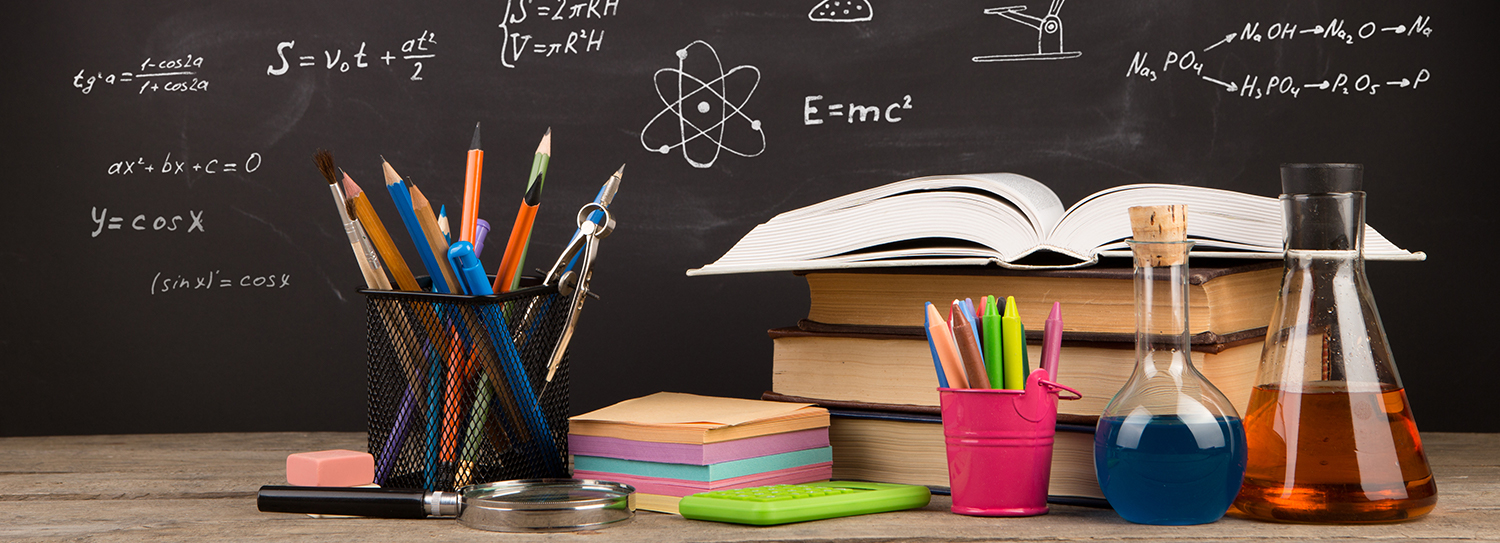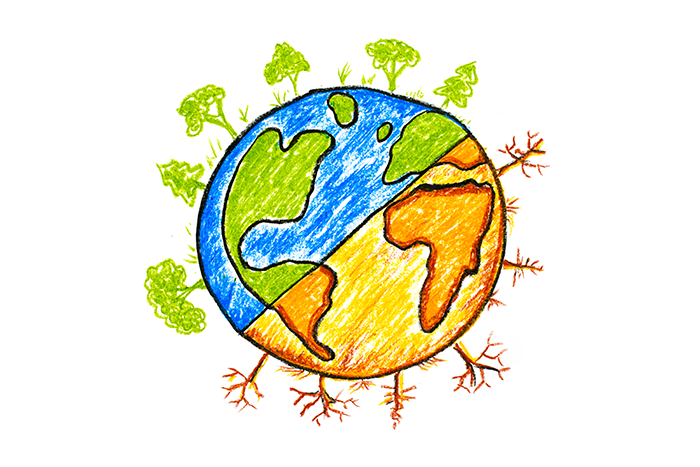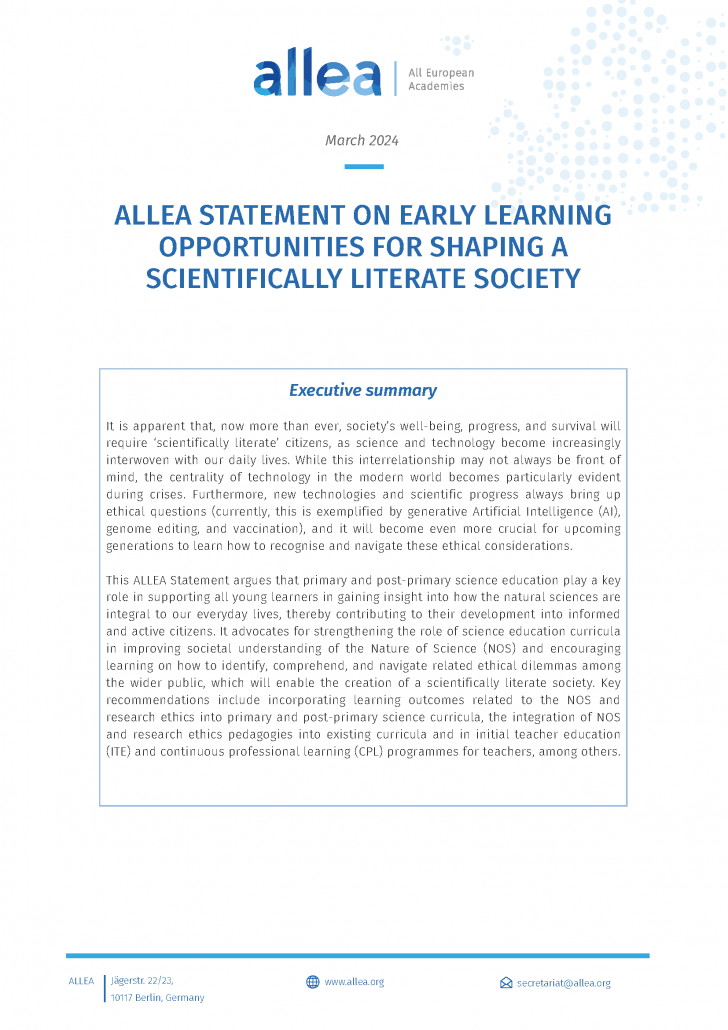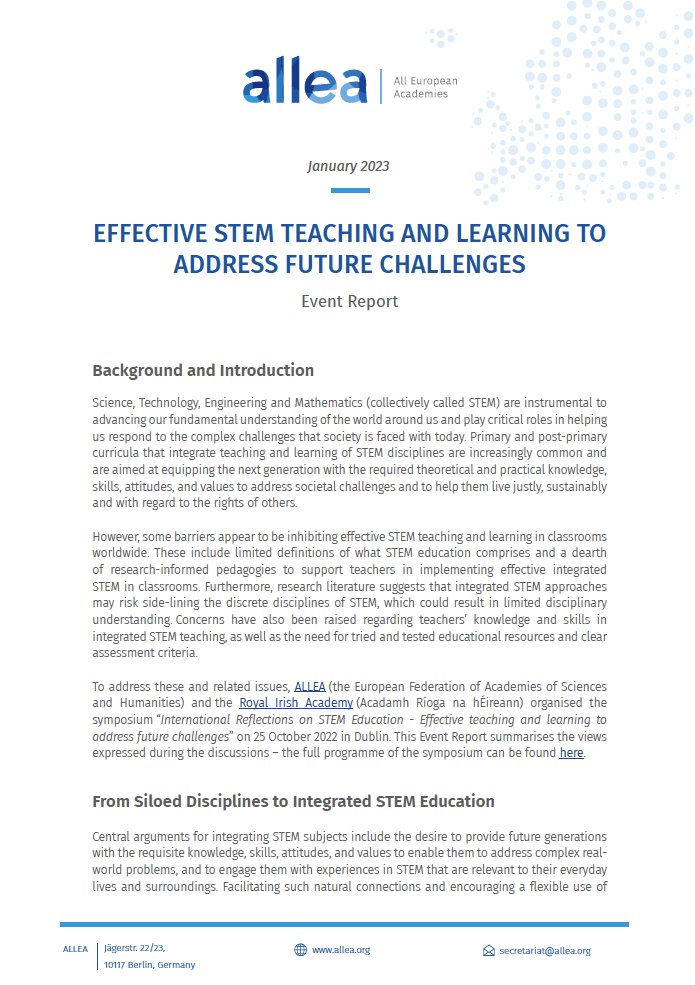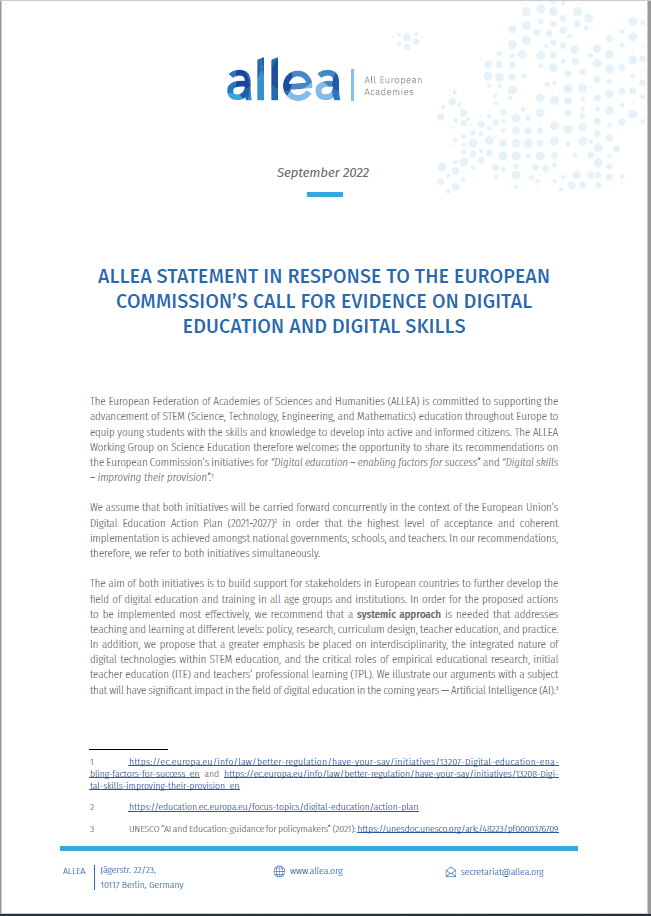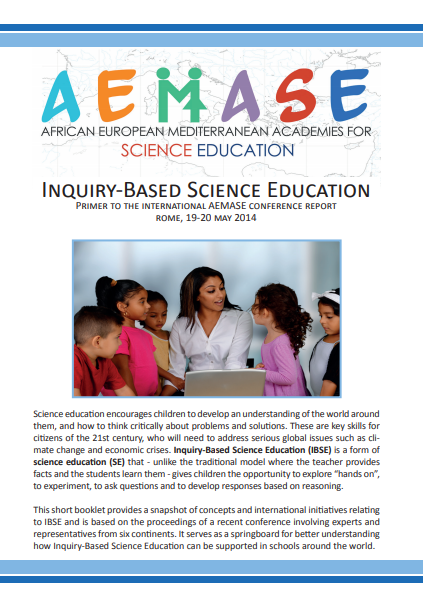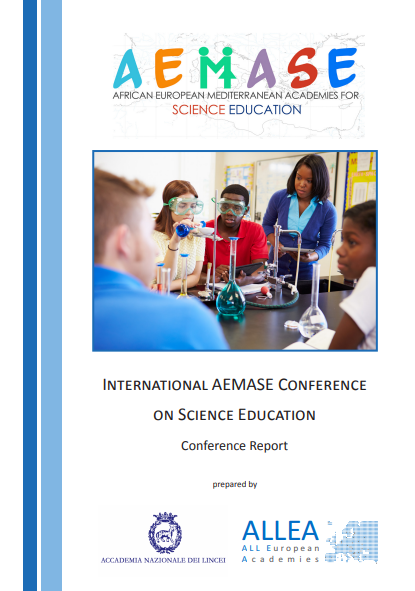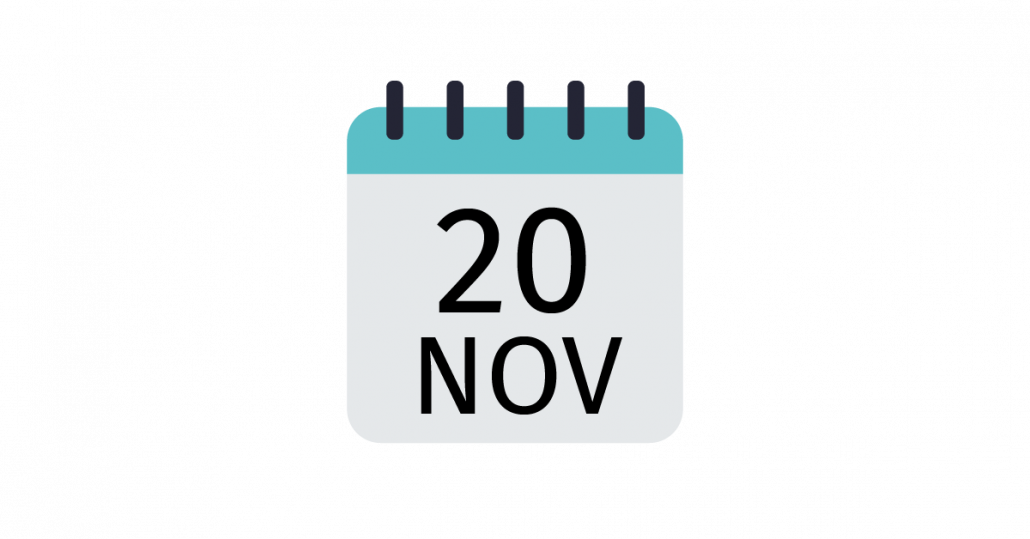Science Education
Education policies across Europe highlight the importance of the role science education plays in ensuring citizens have the requisite knowledge and skills to enable them to become “informed critical consumers of scientific knowledge”, according to the OECD. Today, society faces numerous global challenges, including climate change, pandemics, pollution, malnourishment, and hunger. Science is embedded in these challenges and science education has a crucial role in ensuring our students – future decision makers – have the necessary knowledge and skills to make sense of these challenges and address them.
For the past thirty years or so the focus of science education throughout Europe is moving from an emphasis on teaching and assessing science content towards the development of students’ and citizens’ scientific literacy. This shift in science education is leading to an increase in the number of students leaving formal education with science qualifications and is starting to address the challenges in life-long learning.
ALLEA Working Group Science Education
The ALLEA Working Group Science Education is committed to supporting the further progression of science education throughout Europe to ensure the development of the necessary knowledge, skills, and motivation of students to pursue careers in science and participate as active and informed citizens. Science education has a central role in ensuring our students develop scientific reasoning, critical thinking, creativity, problem solving, and collaborative skills.
Climate Change Education in Europe
The ALLEA Working Group Science Education has published the results of its survey on climate education initiatives in Europe. The aim of this survey was to gain an in-depth overview of existing climate education initiatives currently being implemented across Europe.
The resulting data were analysed to identify common trends, gaps, strengths, and weaknesses in relation to the content and pedagogical approaches to climate education in formal and non-formal education settings throughout Europe.
The result of this analysis is being used to develop evidence-based recommendations for policy and practice for progressing climate education in Europe.
Members of the ALLEA Working Group Science Education
- Cliona Murphy (Chair) – Royal Irish Academy
- Enrico Alleva – National Academy of Lincei, Italy
- João Alves – Austrian Academy of Sciences
- Nils O. Andersen – Royal Danish Academy of Sciences and Letters
- David Cole-Hamilton – Royal Society of Edinburgh
- Csaba Csíkos – Hungarian Academy of Sciences
- Andreas Demetriou – Cyprus Academy of Sciences, Letters, and Arts
- Stanislav Dovgyi – National Academy of Sciences of Ukraine
- Maksym Halchenko – National Academy of Educational Sciences of Ukraine
- Stevan Jokic – Institute of Nuclear Sciences, Serbia
- Lena Kjellen – Royal Swedish Academy of Sciences
- Timo Leuders – Pädagogische Hochschule Freiburg, Germany
- Jan Lundell – LUMA Centre Finland
- Pia Norrthon – Science and Technology for All Programme (NTA), Sweden
- Fatin Aliah Phang – Global Young Academy (associate member)
- Petra Skiebe-Corrette – Free University Berlin, Germany
- Paweł Rowiński – ALLEA Board Member, Polish Academy of Sciences

